Embrace Ambiguity!
Photo Credit: Michael Karcz
Effective Leadership in Times of Uncertainty: Embrace Ambiguity!
Now, more than ever, our world is full of uncertainty. From a global pandemic, economic peril, racial injustice and political strife to a host of environmental issues that threaten life on earth, we are faced with a growing number of challenges that present opportunities for innovation in a rapidly changing world. As the fog of uncertainty builds, many leaders find it difficult to navigate the future due to a heightened fear of the unknown.
This fear of the unknown may raise anxiety and limit a leader’s ability to make decisions, solve problems and take action in an effective manner. As a result of this anxiety, leaders accustomed to navigating with a firm grip on the helm, may now feel rudderless in a tumultuous sea. This is a vicious cycle as we grasp towards the safety of “land” through familiar, yet ineffective, patterns of thinking and behavior. This is particularly true for linear thinkers who are analytical, methodical and rational problem solvers. For most of us, this linear thinking pattern was ingrained early in our childhood education as we were rewarded for getting the “right answer.” With all the chaos and unknown that surrounds us today in our foreboding world, how can anyone know the “right answer” and lead accordingly? It is difficult enough to prioritize problems and figure out what challenge to take on next. In the last year alone due to COVID-19, the manner in which companies and organizations serve their customers and manage their employees has transformed dramatically. During these turbulent times, leaders need new tools and ways of thinking to reduce fear and venture confidently into the unknown.
One of the most effective tools to navigate the unknown is human-centered design. Human-centered design is rooted in building empathy, creative problem solving and highly collaborative teamwork. The process starts with understanding needs and refining the problem, and then quickly transitions into iterative concept generation, prototyping and testing. There is a framework and a methodology that guide this design process; however, more importantly, there is an essential collection of mindsets that truly enables success. The first and foremost being a growth mindset. Leaders must break from the desire to appear smart, and foster a fervent desire to learn. In order to start the design process, leaders and team members need to accept and acknowledge that we may not know what the “right answer” is, and move forward with curiosity and optimism. We must live with the discomfort of not knowing, and use it to drive the process. As a designer originally trained as an engineer, this was my biggest challenge in my early career; however, the experience gained through many years of creative problem solving has taught me to inherently trust the process.
Moreover, leaders must learn to embrace ambiguity and trust the design process in order to unlock the potential of their teams, and empower them to uncover new and unexpected opportunities in their journeys into the unknown. The knowledge gained through this process of exploration, experimentation and rapid iteration will enable leaders to make informed decisions, realize new opportunities, and lead effectively, particularly in times of uncertainty.
At ZIP Innovations, we believe in the power of design to manage uncertainty and create positive impact. We collaborate closely with our clients using human-centered design to navigate the unknown, discover new opportunities, and create the future. We help leaders and design teams learn to trust the design process and embrace ambiguity, as well as build and optimize internal innovation capabilities. Please contact us if you are ready to explore what is possible and you want to learn more about how we can enable a successful journey into the unknown. If you are a leader responsible for fostering innovation in your organization, please contact us to set up an initial innovation assessment to review your current strengths and challenges, and provide insights for even greater impact within your organization and with customers. During this month, we are offering a limited number of 30-minute remote sessions free of charge.

